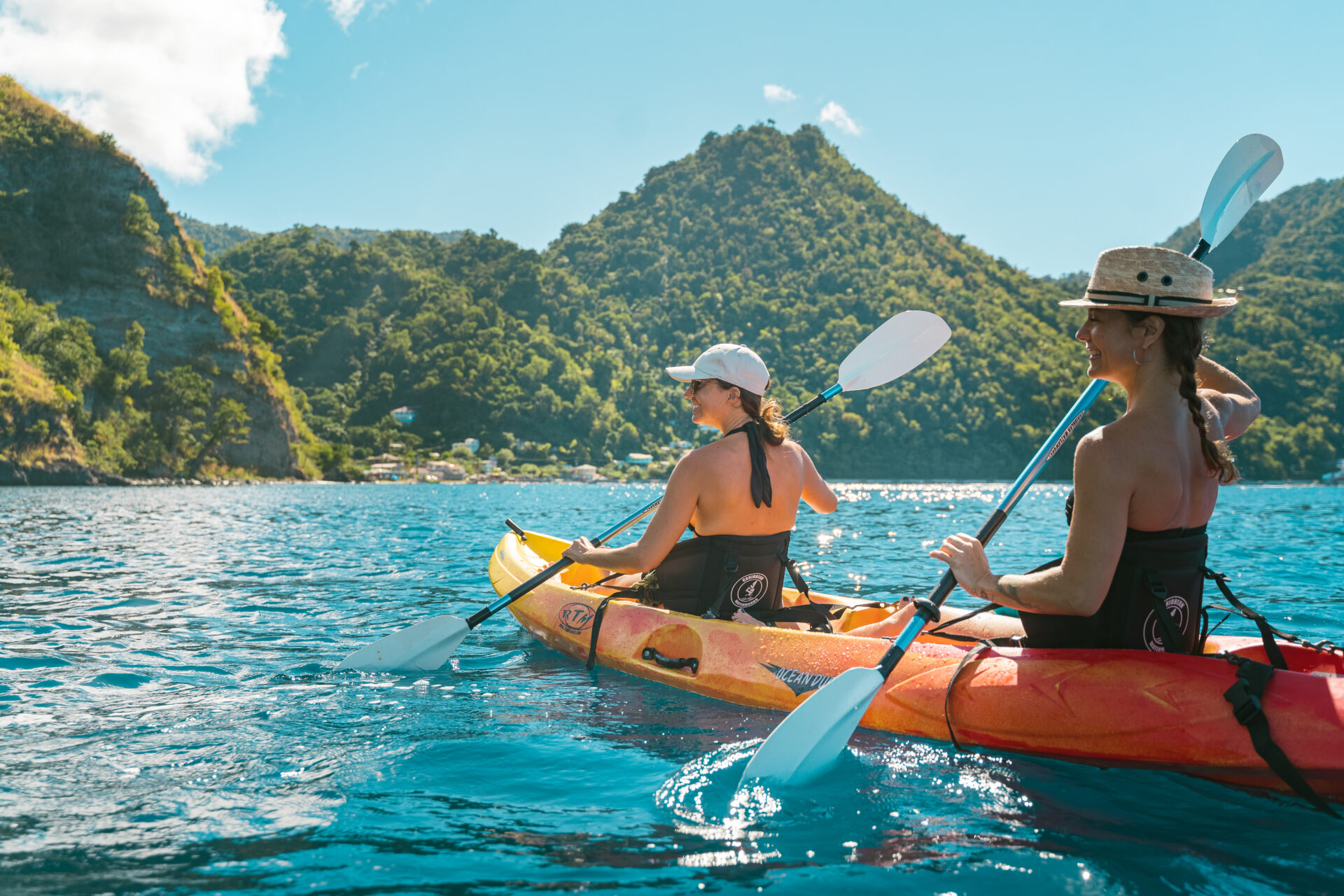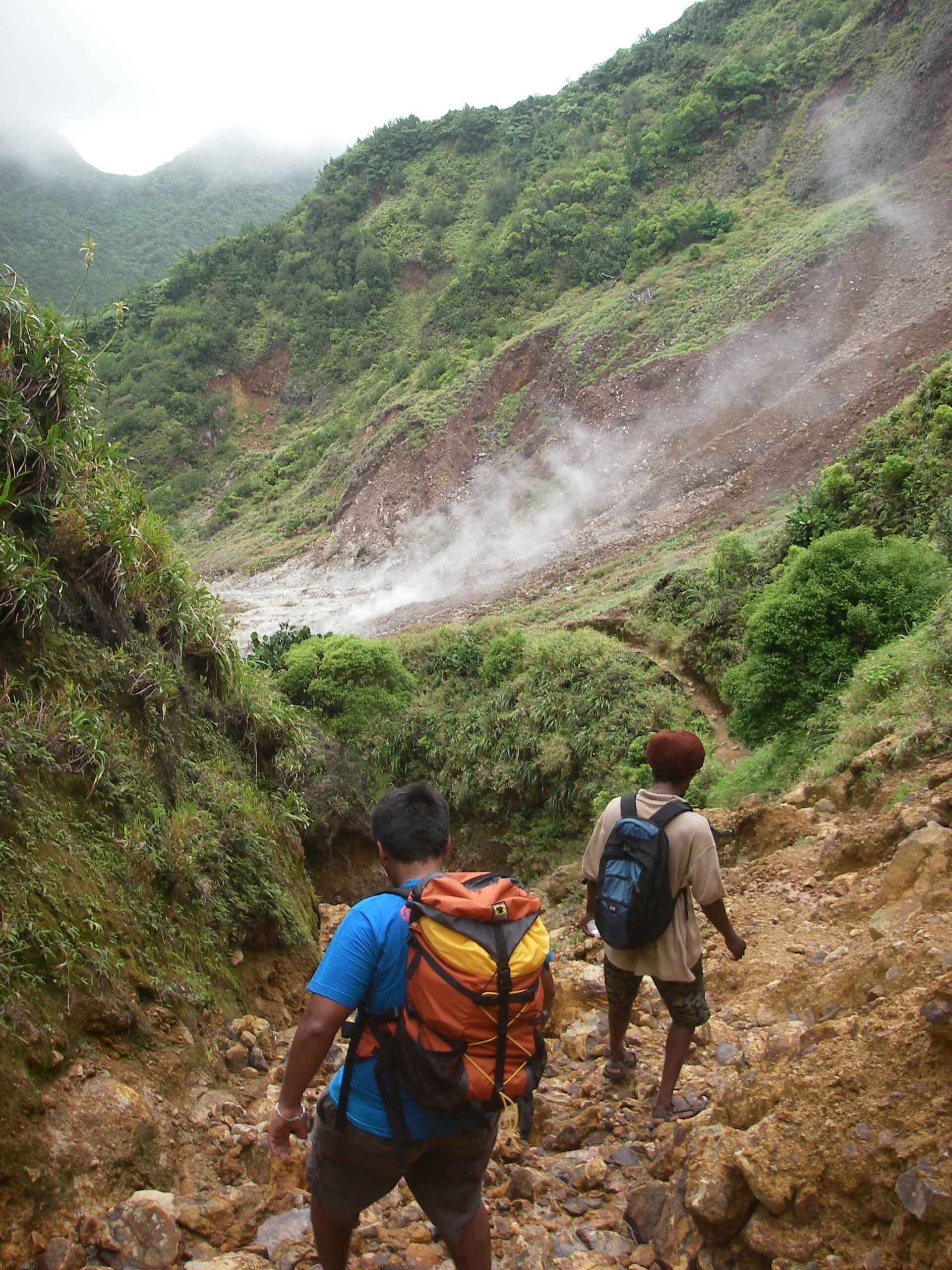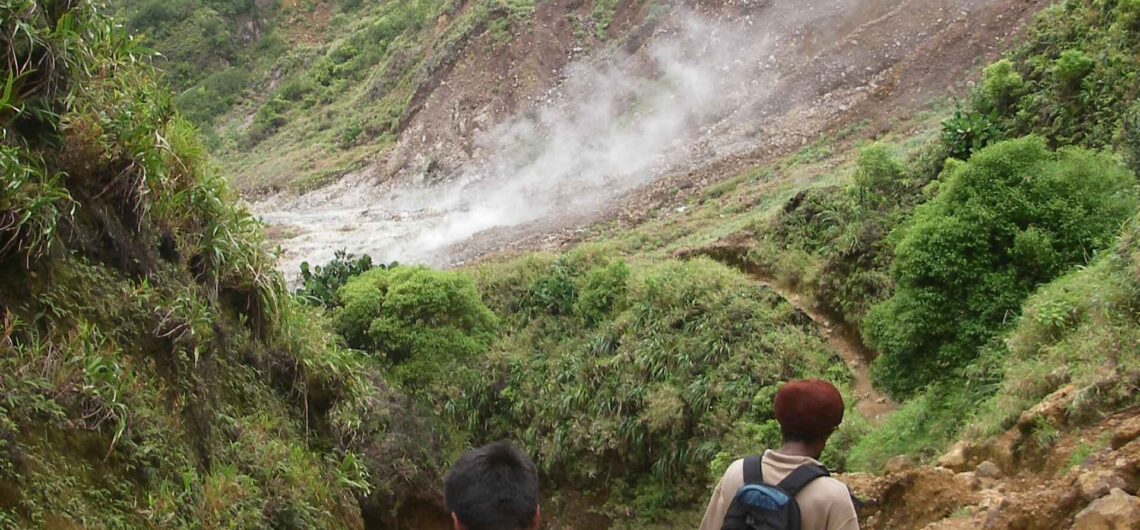 Tucked in the bosom of the Caribbean, Soufriere of Dominica serves as a pristine gem untouched by the hands of commercialism. This quaint community, located on the verdant island of Dominica, presents an unparalleled opportunity for cultural immersion and exploration of natural wonders.
Tucked in the bosom of the Caribbean, Soufriere of Dominica serves as a pristine gem untouched by the hands of commercialism. This quaint community, located on the verdant island of Dominica, presents an unparalleled opportunity for cultural immersion and exploration of natural wonders.
Soufriere’s allure lies not just in its lush landscapes, but also in its vibrant culture. Dominica, fondly termed as “The Nature Island,” is a colorful amalgamation of Carib/Kalinago, African, and Creole influences. This cultural mélange manifests in a rich array of local music, dance, food, and language experiences.
Immersing oneself in the local culture in Soufriere is an experience full of rhythm, color, and spirit. The dance forms, predominantly influenced by African and Creole traditions, are vibrant expressions of community, history, and identity. One of the traditional dances you’ll likely encounter is the “Bele,” a beautifully delicate yet dynamic dance accompanied by drum beats that resonate deep within your soul.
The music scene in Soufriere is as diverse as its people. From the pulsating rhythms of “Jing Ping” bands, that use traditional instruments like the accordion, bamboo pipe, and the “gwaj,” to the enchanting Creole songs performed by local troubadours, music is a way of life here. You might also encounter the poignant melodies of “Bouyon” music, a genre that originated in Dominica, and seamlessly blends elements of reggae, dancehall, and traditional folk.
 Dominican cuisine, much like its culture, is a flavorful blend of Carib/Kalinago, African, and Creole influences. In Soufriere, the food scene is a gastronomic journey steeped in tradition and local produce. From farm to table, each dish is an ode to the island’s fertility and biodiversity. One of the must-try dishes is the national staple, “Mountain Chicken” (locally known as Crapaud), a delicacy made from a frog species endemic to the island. The “Callaloo Soup,” a hearty blend of leafy greens, okra, and coconut milk, is another authentic treat. Seafood lovers can indulge in freshly caught “Langouste,” a local variety of lobster, grilled to perfection. Fruits such as guavas, papayas, soursop, and the island’s infamous breadfruit often find their way into meals, either as side dishes or desserts. Dining in Soufriere is not merely about sustenance, but a celebration of the island’s bountiful harvest and diverse culinary heritage.
Dominican cuisine, much like its culture, is a flavorful blend of Carib/Kalinago, African, and Creole influences. In Soufriere, the food scene is a gastronomic journey steeped in tradition and local produce. From farm to table, each dish is an ode to the island’s fertility and biodiversity. One of the must-try dishes is the national staple, “Mountain Chicken” (locally known as Crapaud), a delicacy made from a frog species endemic to the island. The “Callaloo Soup,” a hearty blend of leafy greens, okra, and coconut milk, is another authentic treat. Seafood lovers can indulge in freshly caught “Langouste,” a local variety of lobster, grilled to perfection. Fruits such as guavas, papayas, soursop, and the island’s infamous breadfruit often find their way into meals, either as side dishes or desserts. Dining in Soufriere is not merely about sustenance, but a celebration of the island’s bountiful harvest and diverse culinary heritage.
The ethos of earth stewardship is ingrained in the everyday life of both Soufriere and the broader Dominica. The locals’ practices showcase a profound respect for nature and reflect an eco-conscious lifestyle. Dominica is also the proud custodian of one of the last standing oceanic rainforests in the world. The community plays a pivotal role in safeguarding the fertile, mineral-rich volcanic soil, the hot springs, and the marine reserve that brims with biodiversity.
The rainforest of Dominica, one of the last bastions of untouched nature, is a veritable paradise for nature aficionados. Stretching across the rugged terrain of the island, it boasts a diverse array of flora and fauna. The forest’s canopy is a vibrant mosaic of varied shades of green, punctuated by occasional splashes of color from blooming tropical flowers. Beneath this leafy cover, the forest floor teems with life, hosting everything from tiny insects to the island’s national bird, the Sisserou parrot. The rainforest is also intersected by meandering rivers and cascading waterfalls, adding to the serene beauty of the landscape. Within this lush environment, numerous trails offer an intimate, immersive experience of the rainforest, allowing visitors to appreciate the biodiversity and ecological richness that is a source of pride for Dominica.
A journey to Soufriere isn’t just about a visit; it’s an immersion into a different culture, a lesson in respect and appreciation for our varied backgrounds, and an awakening to our duty towards Mother Earth. This journey promises personal growth and a deeper understanding of the world around us. We invite you to join us in this expedition of cultural discovery and transformative learning.


